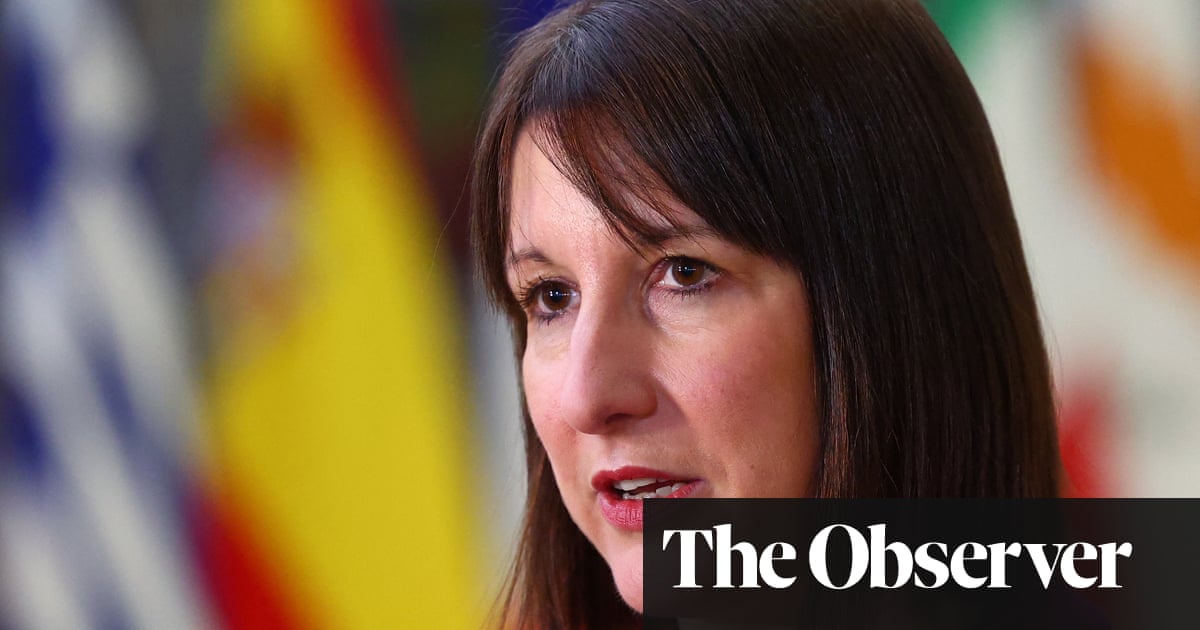Even if Starmer does allow Ukraine to fire UK missiles deep into Russia – they will only have a marginal effect

- by Admin
- November 19, 2024

The first time the world learns whether the UK has allowed Ukraine to fire British Storm Shadow cruise missiles inside Russia will probably be the moment they are actually used.
Until and unless that happens, it makes sense for Sir Keir Starmer to keep people guessing.
It was likely why the prime minister and his team repeatedly dodged the question when quizzed by journalists on the sidelines of a G20 summit of global economic powers in Brazil this week about what permission he may or may not have given to Kyiv.
“Obviously, I’m not going to get into operational details because the only winner, if we were to do that, is [Russian President Vladimir] Putin and I’m not prepared to do that,” he said.
There is also the uncomfortable reality that the number of Storm Shadow missiles that Ukraine has left is severely limited – the production of replacement stockpiles will take years – so the use of these weapons on Russian soil will only have a marginal military effect.
Ukraine war: Follow live updates
By far the bigger prize for Ukraine is the ability to use American-gifted Army Tactical Missile System (ATACMS) ballistic missiles – which are in much greater supply, though still not enough to change the course of the conflict.
The ability to maintain an element of surprise and unpredictability can be key when fighting a war – something that is increasingly difficult to achieve in Ukraine, where new troop movements and kit can be spotted by Russian satellites, drones, radars and other sensors.
Any indication of imminent strikes by Ukrainian forces using longer-range western weapons could prompt Russian commanders to move valuable targets – such as command positions and weapons stockpiles – out of range.
Then there is the fact that words alone can escalate tensions.
Ukrainian President Volodymyr Zelenskyy has been lobbying the United States, the UK and other Western allies increasingly loudly for months for the ability to use their long-range missiles beyond Ukrainian borders.
His mere request for more help triggered dire warnings from Moscow that NATO nations would be playing with fire should they say yes, with the Russian president even threatening that such a move could trigger a global conflict.
It is notable that even though US officials have anonymously confirmed Joe Biden has now given the greenlight for US missiles to be used in this way, the US president himself has avoided any direct confirmation of the move.
Instead, that too will almost certainly come once the weapons are deployed against Russian and also North Korean forces battling to repel an incursion by Ukrainian troops into Russia’s Kursk region.
The full-scale Russian invasion of Ukraine – launched exactly 1,000 days ago on Tuesday – loomed large over the two-day gathering of leaders from the Group of 20 (G20) powers in Rio de Janeiro.
But opinion is divided on Moscow’s war and how it should end.
Read more:
Ukraine allowed to fire US missiles into Russia
UK brands Russia ‘mean, nasty and cynical’
Ukrainians mourn their dead after almost 1,000 days of war
The UK, the United States and other Western allies want Russia to lose.
Yet Vladimir Putin – who faces an arrest warrant from the International Criminal Court over suspected war crimes in Ukraine and did not attend the meeting – has friends in the room.
That includes China, while other countries, such as India, Brazil and Saudi Arabia have a more neutral stance.
Then there is the as yet unanswered question of what Donald Trump plans to do on Ukraine when he takes over as US president in January.
He has already vowed to end the war quickly – just without saying how.
The uncertainty and disagreement mean a communique that will be released at the end of the gathering on Tuesday will likely only contain the shortest and blandest mention of the war – and only then if all of the leaders agree.
The Latest News
-
December 22, 2024Elon Musk’s British cousin reveals how brutally world’s richest man snubbed him: ‘I’m shocked that…’
-
December 22, 2024UK Weather: Wind messes up UK travel plans
-
December 22, 2024Life in one of Britain’s most miserable towns: Locals in Barking blast council ‘shambles’ and say shopping centre is so empty it is like living in a ‘ghost town’
-
December 22, 2024Christmas travel chaos continues with 100 Heathrow flights cancelled amid severe 80mph wind weather warnings
-
December 22, 2024Winds blow UK Christmas travel off course, with ferries and flights cancelled






